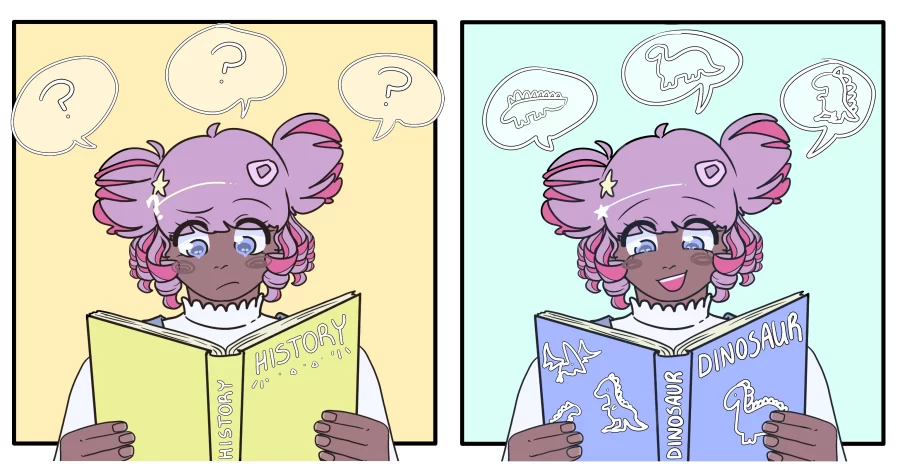Opinion | Ditch dinosaurs: Learn John Quincy Adams
Oct 18, 2022
More Americans are able to name the tallest dinosaur that ever lived than recall the name of the sixth president of the United States.
Admittedly, this may not be as much of an established statistic as one that is intentionally eye-grabbing, but hopefully, it did its job. The fact that this statement is believable in the first place speaks volumes. It might be worthwhile to dissect what the brachiosaurus really has over John Quincy Adams.
It’s not most people’s fault. From an early age, dinosaurs are one of the most captivating subjects imaginable, enough for a number of studies to be conducted on their influence on young minds and how they often continue to hold interest into adulthood.
Now, ask any child who their favorite president is, and you’ll be defied to hear any response other than the first one or the one with the tall funny hat.
The vigor children hold for things like dinosaurs in their developmental years is healthy and a sign of intellectual growth. This is aided by encouragement from teachers and parents, who embolden them to dive deeper into their obsessions. Indulging such interests is seen by many experts as a way to construct a firm base of learning techniques that will allow children to more easily grasp complicated subjects in the future.
Get The Daily Illini in your inbox!
Yet, John Quincy Adams is left out in the cold.
There is absolutely no problem in children learning about Jurassic history and its many warm-blooded denizens, but what much present youth lack and fail to carry into adulthood is an awareness and appreciation of their own history.
This is not to say that all Americans walk around wondering who that giant marble man sitting across from the Washington Monument is, but history is far more than memorizing dates and dusty oil-painted faces. It tells the story of who we are and gives us a greater understanding of our neighbors.
Spanish philosopher George Santayana famously said, “Those who do not remember the past are condemned to repeat it.” With a clear declining appreciation for history and the failure of many schools to touch on integral events in the fabric of American history, one may wonder if repetition is closer than expected.
The brachiosaurus is as wonderful as they come. But dive deeper.
We are citizens of a country with more skeletons in its closet than a Halloween decoration store — as is often the case with nations over 60 seconds old. Americans have a duty to be aware of their history, but they so often neglect it.
It is clearly valuable to be merely aware of the core events in U.S. history — the writing of the Constitution, the Civil War, the civil rights movement and so on. But to know the driving and opposing ideologies, biases and cultural contexts behind them grants us a better appreciation for how they affect the very world we live in today and teaches us how to best navigate it as educated American citizens.
If you prefer, ditch John Quincy Adams and study someone genuinely interesting, like his father, the first Adams. Just stay aware of the world around you, and don’t let history repeat itself too soon. Remember how the dinosaurs turned out?
Aaron is a freshman in DGS.






